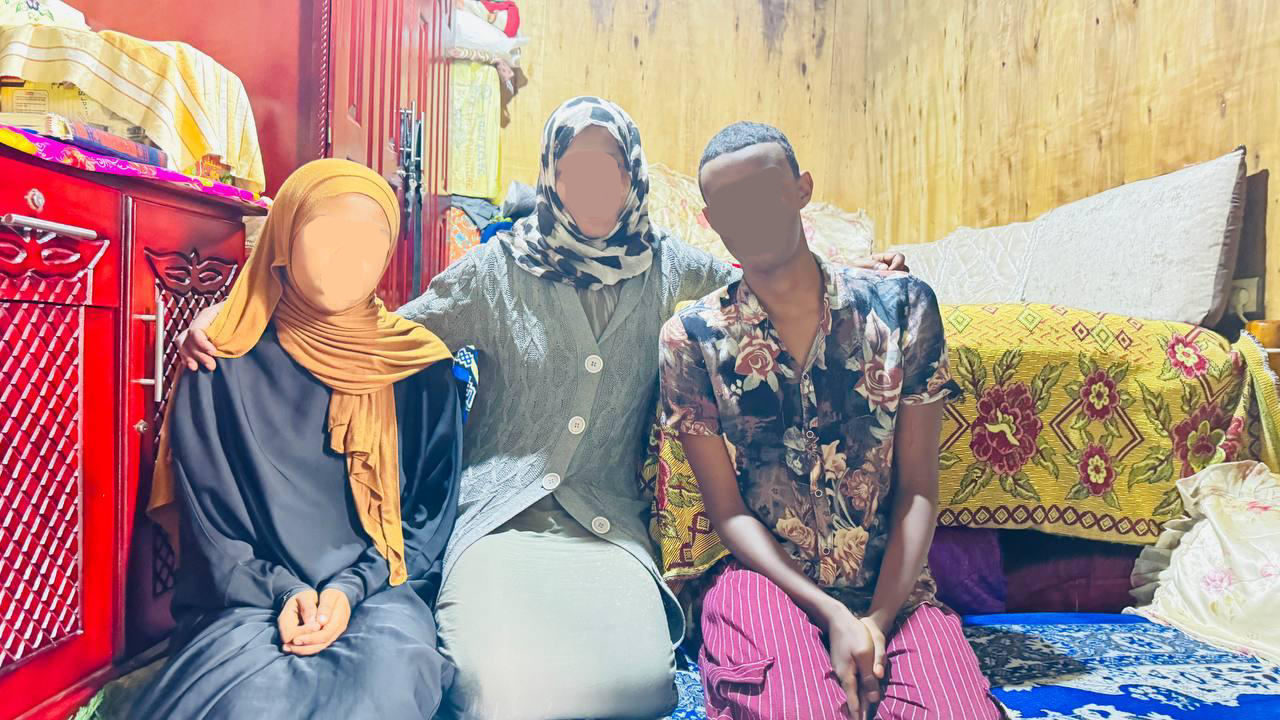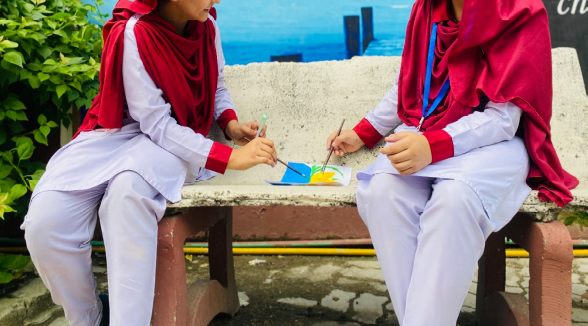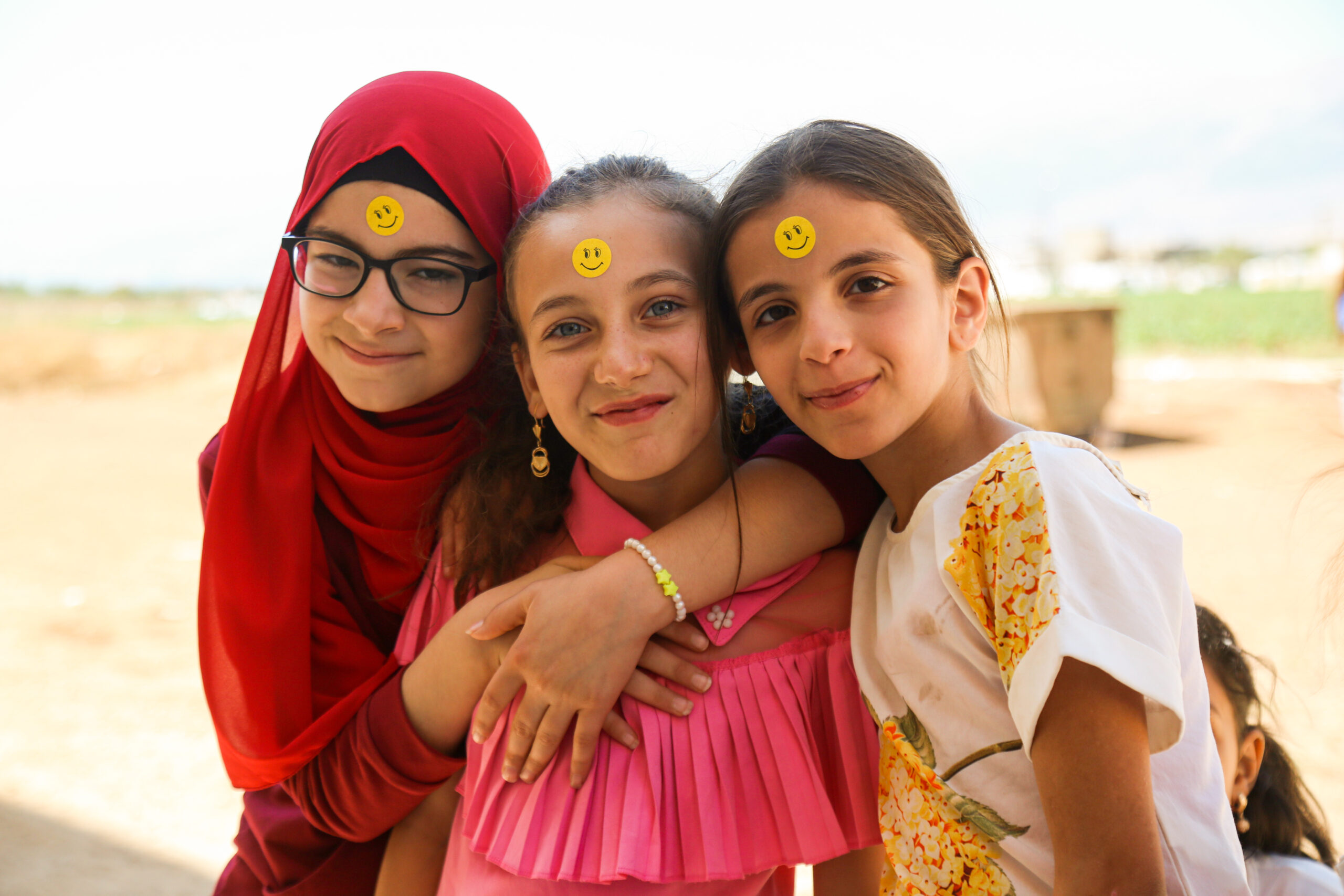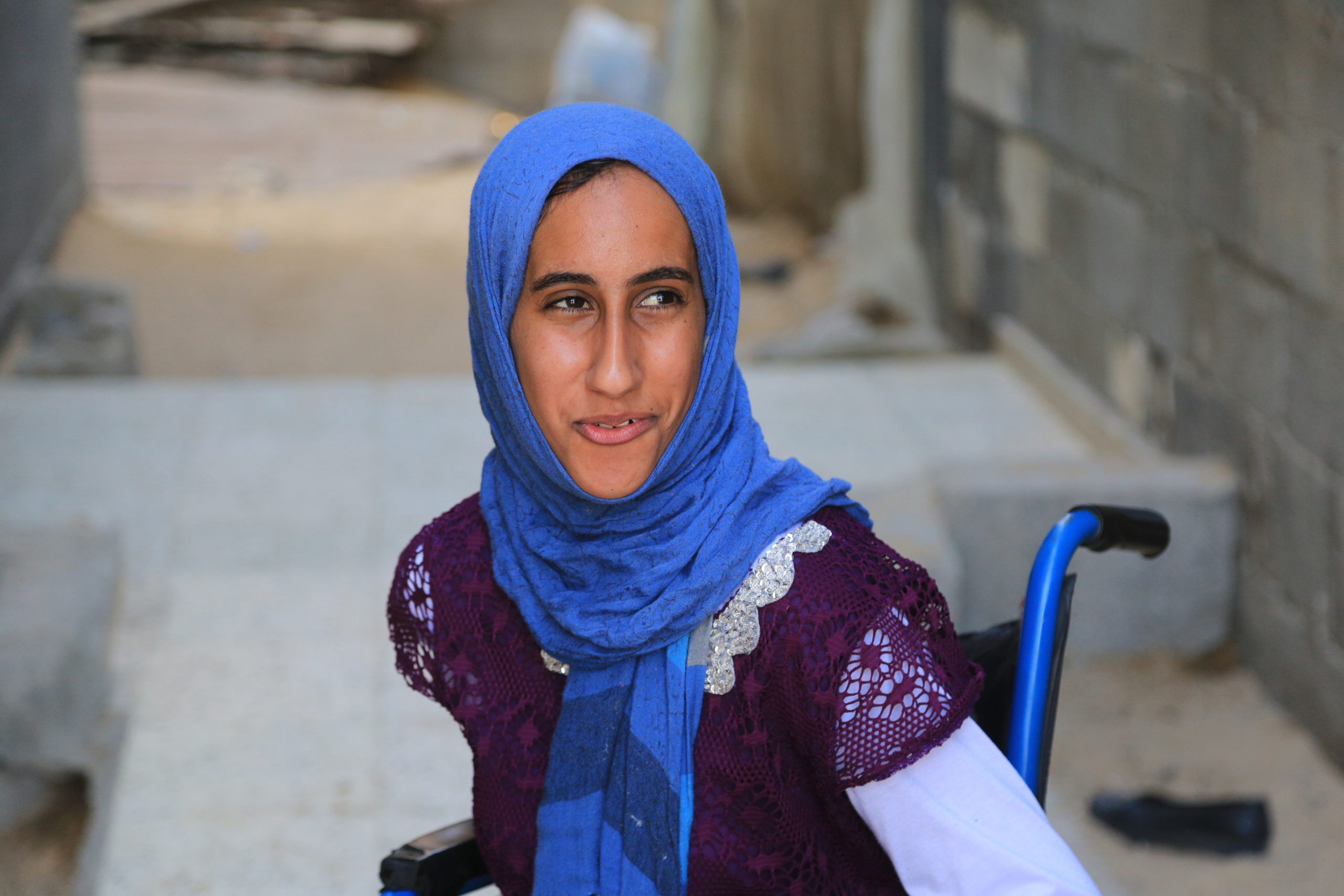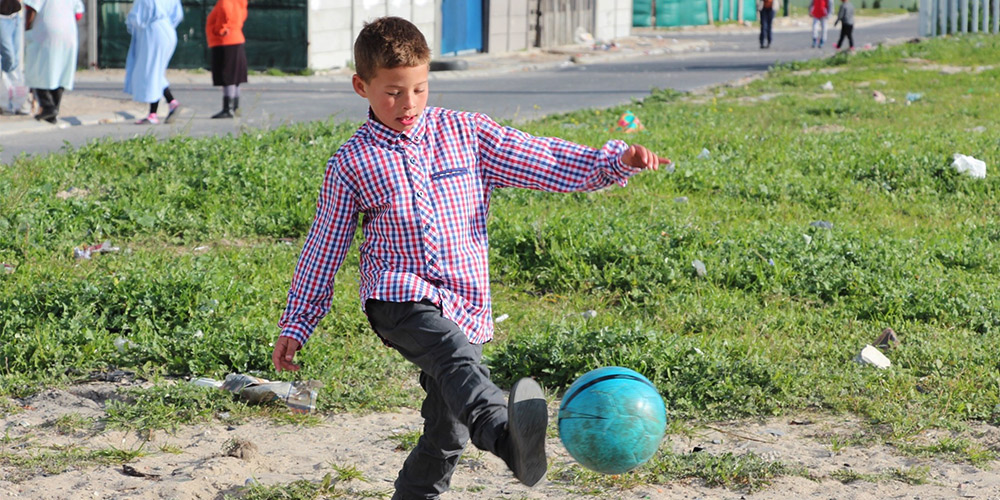
10.06.21
Ismail’s Story
As a mother of an eight-year-old, Ismail’s* story hit hard. A story of hardship unfamiliar to us, cocooned in our lives and trappings. The story of a boy witness to his father’s gruesome murder and a desperate mother trying to keep her family together.
They live, in a small township of Cape Town, South Africa, where almost 80% of the residents are unemployed, dependent on social grants, and live below the poverty line.
While most of us discuss the impact of substance abuse and the rising gang violence in Australia, Ismail’s family lived through the carnage. When Ismail was seven years old, his father was killed in front of them. His 17-year-old brother narrowly escaped death.
Ask a mother what her greatest fears and across the world, the response will be similar. Ismail’s mother worries about her four children living in a neighbourhood of gang violence and drugs. Even something as simple as getting to school safely worries their mother, who works as a street sweeper and earns less than $5 a day.
But school is where food is, and she takes a risk every day by sending them to attend classes. With four children to care for, life isn’t easy for her and she struggles to provide her family with the emotional and financial support they need to survive living in the township.
Recently a local care worker referred the family to Islamic Relief. After interviewing the family and assessing their suitability, needs, and requirements, Ismail was put on the orphan sponsorship programme.
With the sponsorship, the family can have nutritious meals. Not just Ismail, but his three brothers and mother have adequate food every month. During Ramadan and Qurban, they receive meat packs.
Ismail has been referred for a grief and loss programme and psychosocial support and mentorship to help him heal. The family has also been given stationery packs, uniforms to help the children gain an education.
There is nothing worse than seeing an innocent child suffer. There is no worse a crime than robbing them of their childhood. At Islamic Relief, we pray no child goes through such losses, but also commit to helping them heal in the best way possible.
Eight-year-old Ismail* from South Africa is the 50,000th orphan currently sponsored through Islamic Relief.

*Names have been changed to protect the identity of the beneficiaries.


